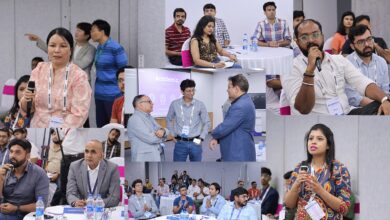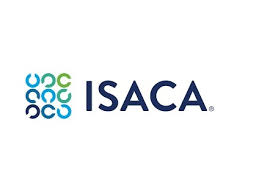A Roundtable Discussion on Approaches to Suicide Prevention in India Held in New Delhi, 10th August 2022
The Policymakers’ Forum for Mental Health supported by Mariwala Health Initiative, SNEHA Chennai, The Lancet Psychiatry and ETI held a roundtable discussion on 10th August 2022, at the Constitution Club, New Delhi, to address the need for enacting a suicide prevention policy in India.Business Wire IndiaThe Policymakers’ Forum for Mental Health supported by Mariwala Health Initiative, SNEHA Chennai, The Lancet Psychiatry and ETI held a roundtable discussion on 10th August 2022, at the Constitution Club, New Delhi, to address the need for enacting a suicide prevention policy in India. The discussion also focused on the need to chart out a pathway for addressing the rising rates of deaths by suicide among the youth of India.
India holds the highest number of deaths by suicide and two-thirds are concentrated among the youth. Data from World Health Organization shows that there is a death by suicide every 40 seconds. The number of people affected by suicide is enormous. For every death that happens by suicide, there are about 60 people who are impacted due to the loss of a loved one, and more than 20 who attempt suicide. In 2019, suicide was the third leading cause of death in 15–29 year- old females; and the fourth leading cause for males of this age group. There was a 10 percent rise in deaths by suicide during 2020 as the COVID-19 pandemic and consequent lockdowns led to rising economic uncertainties and poor access to opportunities.
Addressing the challenge of mental health requires a long-term, collaborative, multidisciplinary effort, and a multi-stakeholder approach.
Dr Dalbir Singh, President, Policymaker’s Forum for Mental Health expressed that peer pressure, expectations of families and friends leads to rise in anxiety and depression and isolation among students. He supported the view about the introduction of supplementary examination. “Decline in good health incapacitates individuals, communities and societies and erodes productivity and well-being of our nation. It imposes huge social, emotional, and economic burdens. There are many barriers to effective prevention of suicide, including inappropriate media reporting, conflict in the interpretations of existing legal framework and lack of concerted strategy at the governmental level.”
Dr Joan Marsh, Editor-in-Chief, The Lancet Psychiatry in her guest note added “The challenge of deaths by suicide severely affects women, members of the LGBTQIA+ populations, young people, and persons with disability. These groups often do not get the opportunity to voice their opinions in public forum and lack access to healthcare facilities. It is pertinent that these voices are brought together and given a stage to speak.”
“The issue of suicide prevention needs a multi-sectoral and multi-stakeholder effort, and in this regard, a National Suicide Prevention Policy can act as a guiding document. At the same time, a community based and public health approach is essential for ensuring suicide prevention in the country. Ensuring that the services are available for everyone, especially the most vulnerable and marginalised populations, is the need of the hour. Only when we understand the priorities from the affected groups, can we build a holistic and positive environment for suicide prevention in the country,” added Ms Priti Sridhar, CEO, Mariwala Health Initiative.
Dr Lakshmi Vijayakumar, Founder, SNEHA Chennai provided the context to the discussion by highlighting the need to enact a national suicide prevention policy. She mentioned “Suicide is a major public health issue which needs prioritisation by the government at all levels. Deaths by suicide are prevalent among youth in the country, a phenomena that remains unique to India. Our work has shown the immediate need to bring together a national suicide prevention policy which must be released for a better future.”
Post this, a roundtable discussion between Esteemed Policymakers and Domain Experts moderated by Dr Dalbir Singh was held which discussed the way forward and how the policy structure can be developed to support building a positive environment for suicide prevention in India.
The session was concluded with a vote of thanks delivered by Mr Bhawesh Jha, Manager (Advocacy), Mariwala Health Initiative.![]()
Disclaimer: This content is distributed by Business Wire India.



